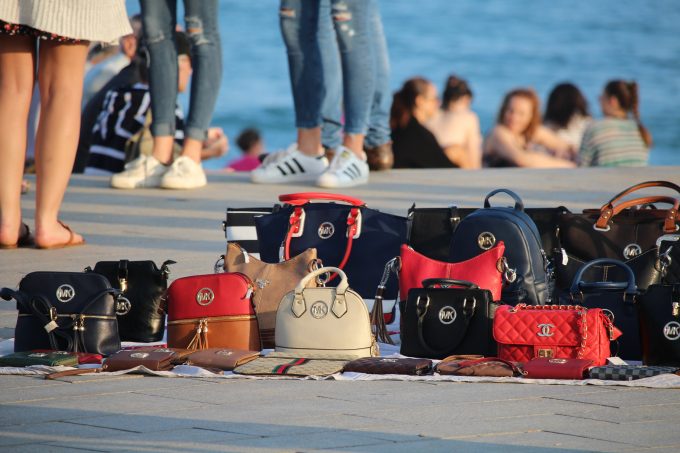Truckers face a serious threat as large shippers develop networks
Amazon and Walmart are poised to disrupt the trucking industry, and more large shippers may ...

Amazon UK, Germany and Canada have been named as “notorious markets” for counterfeit goods and blamed for being “unresponsive” and “non-compliant”.
The retail giant joins a list of major e-commerce companies, which includes Alibaba, Taibao and MercadoLibre, facing complaints over the sale of ‘faked goods’.
A US government list of these so-called notorious markets for fakes could be crucial information for forwarders, two were recently found liable for their part in shipping significant numbers of fake Nike shoes.
The US Trade Representative has been collecting comments from businesses, compiling an ...
Maersk u-turn as port congestion increases across Northern Europe
Apple logistics chief Gal Dayan quits to join forwarding group
Transpac rates hold firm as capacity is diverted to Asia-Europe lanes
Maersk Air Cargo sees volumes fall as it aims for 'margin in favour of revenue'
Houthis tell Trump they will end attacks on Red Sea shipping
Airlines slash freighter capacity post-de minimis, but 'the worst is yet to come'
MSC revamps east-west network as alliance strategies on blanking vary
India-Pakistan 'tit-for-tat' cargo ban sparks sudden supply chain shocks


Comment on this article